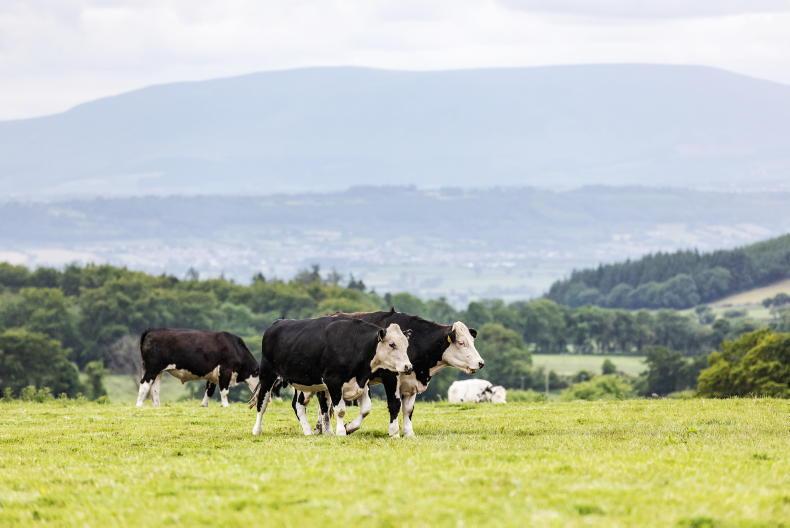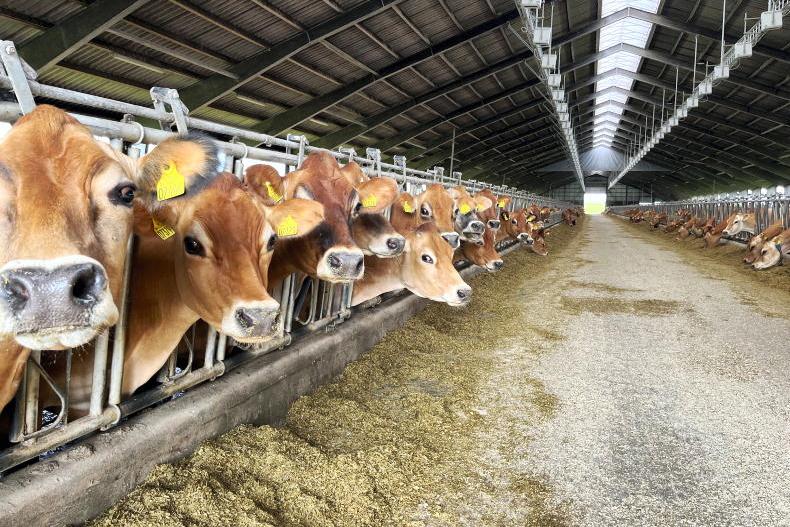Providing financial support alone to young farmers does not free up the land market for them and generational renewal measures appear to only play a modest role in allowing young farmers to access land, an EU report has found.
The study, an evaluation of the impact of the CAP on generational renewal, looked at how different CAP measures affected young farmers in rural areas.
It found that it is too early to identify evidence of the impact of the young farmer top-up, the Young Farmer Scheme, which was introduced in 2015.
“This top-up has very different significance to farms in different member states, and its pattern of distribution is very different to that for planned spending [generational renewal] in Pillar 2 rural development programmes.
“Case studies highlight situations where the supplements support [on generational renewal] in complementary ways to Pillar 2, but this depends upon careful design of the delivery approach, which is not widespread among member states,” it said.
Older farmers
Older farmers may be disincentivised to transfer their farms to a younger generation if their access to income and a reasonable quality of life depends upon continuing receipt of direct payments, the report found.
“Initiatives using ‘soft’ approaches, including awareness-raising, advice and planning for successful handover may also help,” it said.
Young farmers in remote areas
It found that in marginal or remote areas, the impact of young farmer measures may be dwarfed by negative influences including socio-cultural and wider economic disincentives to farm or live in rural areas.
“In more prosperous agricultural areas, the [young farmer] aids enable [generational renewal] when the amount of aid offered and the conditions of the offer are significant in relation to farm business size, land values and knowledge provision, but there are also case study examples where aid is either too small or too costly to access, reducing its [generational renewal] impact,” it said.
Recommendations
A main recommendation from the report was for a general move away from just giving financial aid to successors on farms.
It reccommended instead that it move towards using support to build broader networks of farmer learning and collaboration, and a balanced transfer process which helps the older generation at the same time as encouraging the younger generation, could bring significant dividends.









SHARING OPTIONS